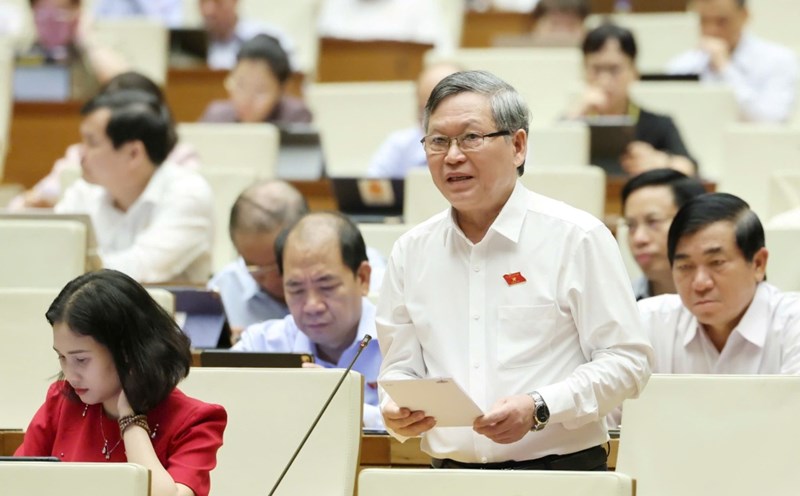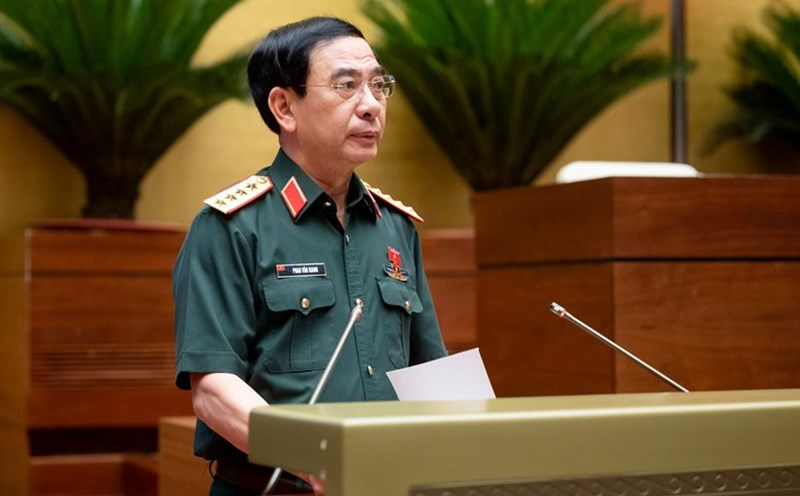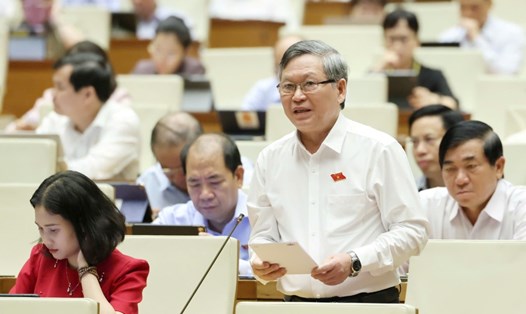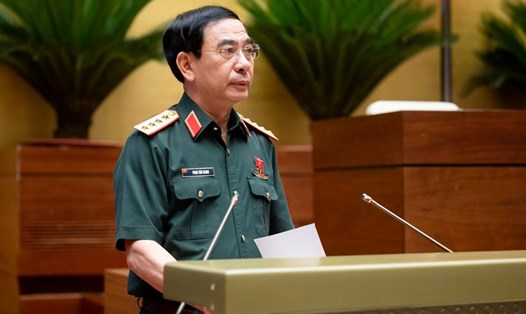On the afternoon of August 11, the National Assembly Standing Committee gave its opinion on the explanation, acceptance, and revision of the draft Law on Emergency Situations.
Reporting on the acceptance of the draft, Chairman of the National Defense, Security and External Relations Committee Le Tan Toi said that some opinions suggested a thorough review to stipulate measures applied in the emergency situation to ensure coverage, correspondence, and suitability for all types of emergency situations.
Some opinions agreed and suggested continuing to clarify the reasonableness of allowing the Prime Minister to apply measures not yet regulated by law.
Propose to study regulations to allow the application of emergency measures to handle urgent situations and incidents when a state of emergency has not been declared.
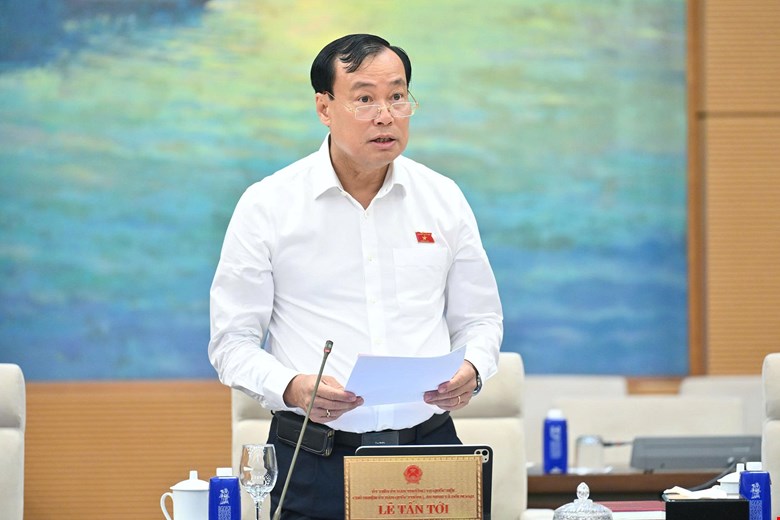
Based on the opinions, the Standing Committee of the Committee reviewed and compared with specialized laws, especially the Law on Civil Defense to revise measures applied in emergency situations.
From there, adjusting regulations on the authority of the Prime Minister to apply measures that are not yet regulated by current law.
Supplementing the regulation that the Prime Minister is allowed to apply emergency measures to handle incidents and urgent situations when the emergency has not been declared into a new thing, as stipulated in Article 12 of the draft law on receipt and revision.
Through discussion, some opinions proposed adding specific regulations, such as on urgent measures, decentralization, delegation of authority to localities, the role of the Ministry of National Defense, and the establishment of a steering committee to manage emergency situations; authority to decide on emergency situations...
Explaining further, General Nguyen Tan Cuong - Chief of the General Staff of the Vietnam People's Army, Deputy Minister of National Defense - stated that the draft law only stipulates general principles, specific issues are clearly stipulated in other specialized laws.
Agreeing with the regulation allowing the Prime Minister to apply measures not yet regulated by law, General Nguyen Tan Cuong said that this is the basis for applying measures in situations where a state of emergency has not been declared.
General Nguyen Tan Cuong cited experience in fighting the COVID-19 epidemic, there were times when the Prime Minister needed to make decisions even before declare a state of emergency.
"If it occurs at an urgent time, threatening national security and social order and safety, the Prime Minister can decide immediately, and must report to the competent authority as soon as possible.
This will be proactive and attach responsibility to the head for his decisions" - General Nguyen Tan Cuong emphasized.
The drafting agency agreed with stronger decentralization and delegation of authority to localities, helping grassroots authorities be more proactive in implementing necessary measures when situations arise.
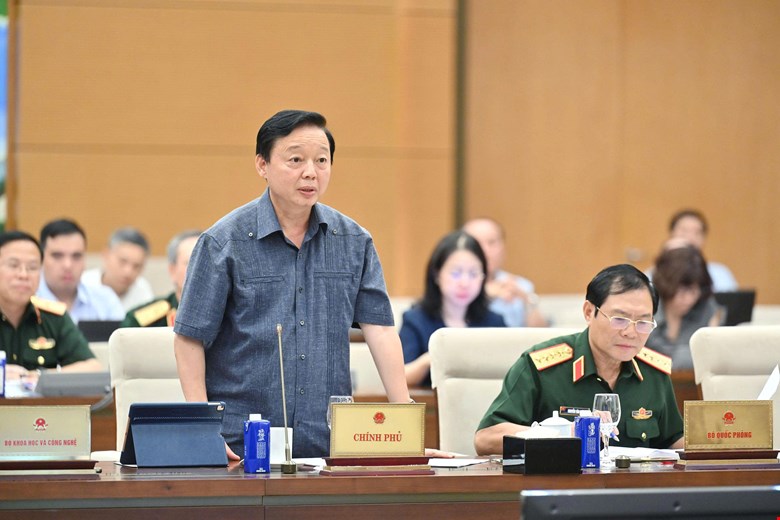
Speaking at the discussion session, Deputy Prime Minister Tran Hong Ha agreed that measures to limit citizens' rights in emergency situations are special, different regulations, unprecedented or contrary to current law.
"This is a very special case, related to limiting human rights, civil rights, and must comply with international legal regulations" - Deputy Prime Minister Tran Hong Ha emphasized.

